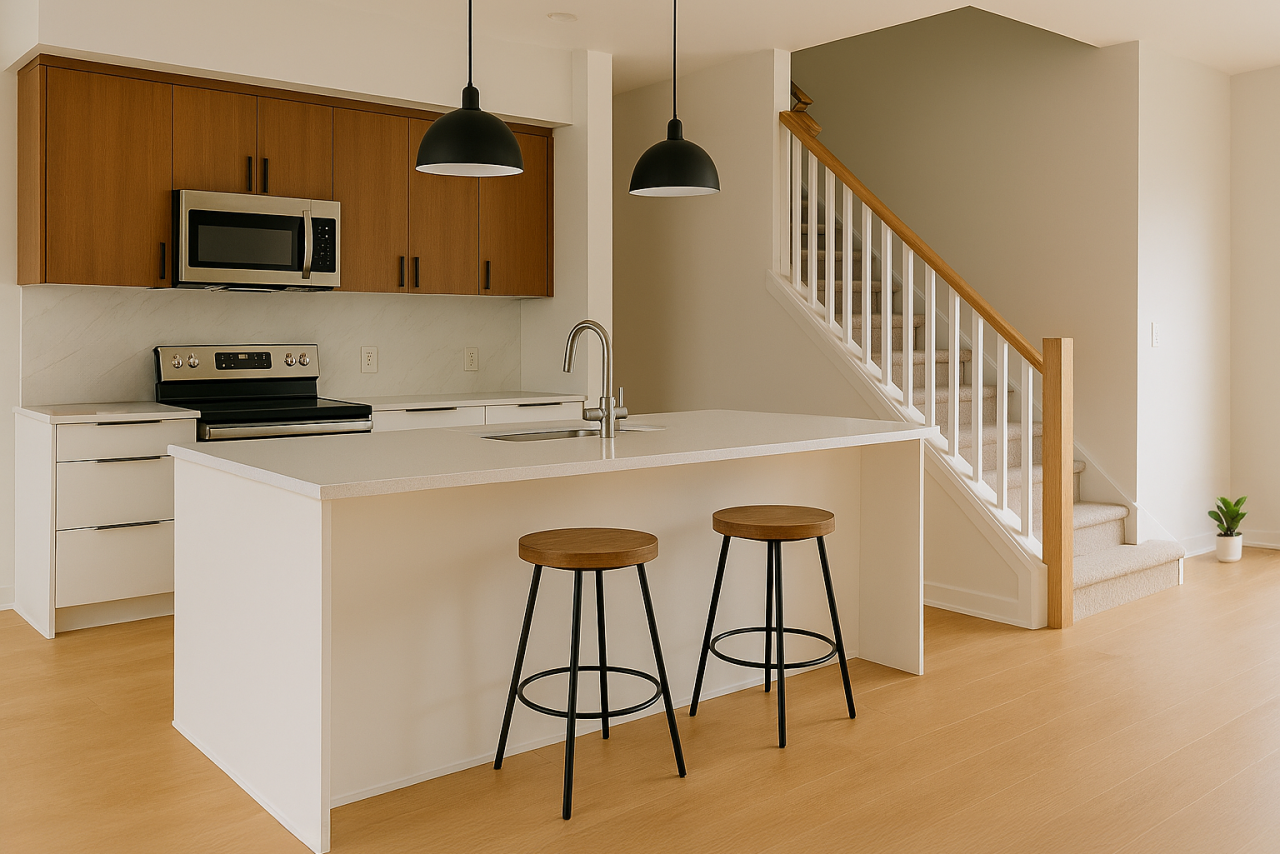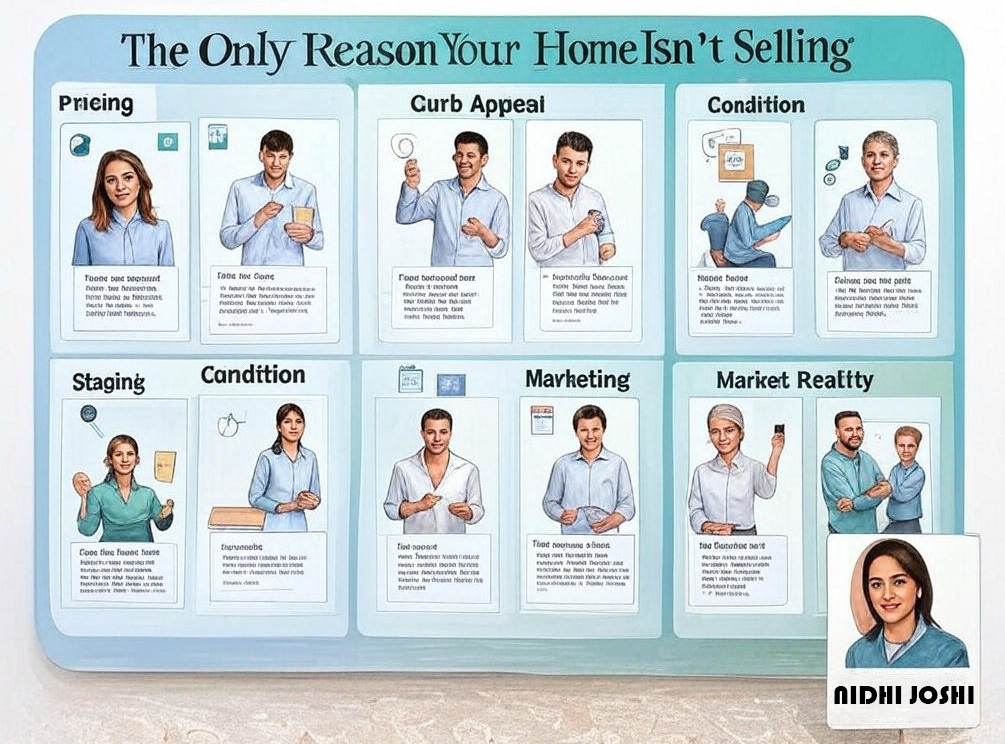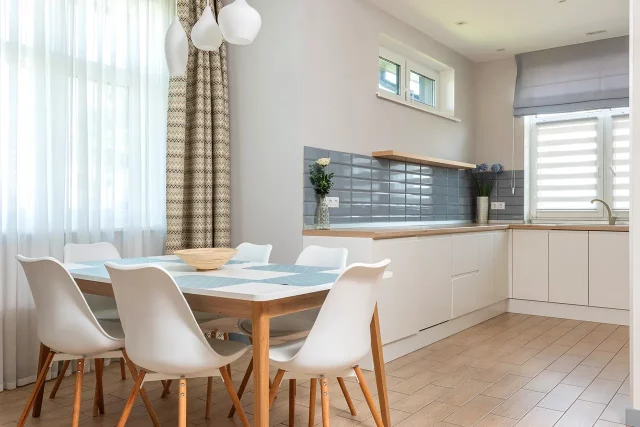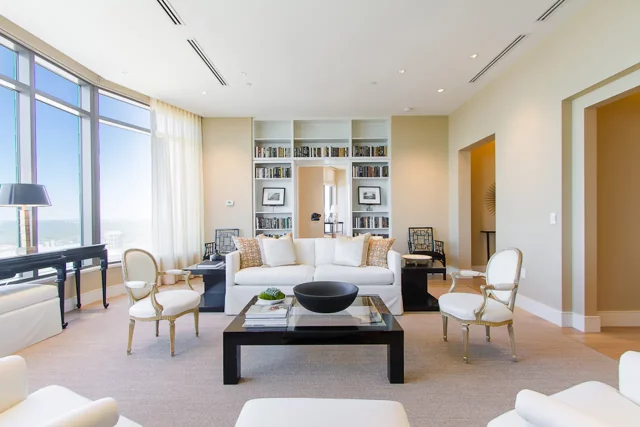
Are You Ready For Home Ownership?
Owning a home is a major milestone, often seen as a cornerstone of financial stability and personal achievement. But the decision to buy a home is not one to take lightly. It involves significant financial, emotional, and lifestyle considerations. So, how do you know if you’re ready for home ownership? This blog explores the key factors to help you decide.
Financial Readiness: Can You Afford It?
The first and most critical question is whether you’re financially prepared. Home ownership comes with a hefty price tag, not just for the purchase but for ongoing costs as well.
Here are the key areas where misalignment often happens:

- Stable Income and Savings
A steady income is essential to cover mortgage payments, property taxes, insurance, and maintenance. Lenders typically look for a debt-to-income ratio (DTI) below 43%, meaning your monthly debt payments shouldn’t exceed 43% of your gross income. Additionally, you’ll need savings for:
-
- Down Payment: Most loans require 3-20% of the home’s price upfront. For a $300,000 home, that’s $9,000-$60,000.
- Closing Costs: These range from 2-5% of the purchase price, or $6,000-$15,000 for a $300,000 home.
- Emergency Fund: Experts recommend 3-6 months of living expenses to cover unexpected repairs or job loss.
Ask yourself: Do I have a reliable income and enough savings to cover these costs without draining my accounts?
-
- Credit Score and Debt
Your credit score plays a big role in securing a mortgage with favorable terms. A score of 620 or higher qualifies for most loans, but 740+ gets you the best rates. Check your credit report for errors and pay down high-interest debt to improve your score.
Ask yourself: Is my credit score strong enough, and is my debt manageable?
- Long-Term Costs
Beyond the mortgage, home ownership includes property taxes, homeowners insurance, utilities, and maintenance (like fixing a leaky roof or replacing a water heater). These can add thousands annually. Renters often avoid these costs, so consider if your budget can handle them.
Ask yourself: Can I afford the ongoing costs of maintaining a home?
Lifestyle Readiness: Does It Fit Your Life?
Financials aside, home ownership requires a commitment to a specific location and lifestyle. Consider these factors:
- Stability and Long-Term Plans
Buying a home makes sense if you plan to stay in one area for at least 5-7 years. Moving sooner could mean losing money due to selling costs and market fluctuations. Think about your career, family plans, and whether you’re ready to settle down.
Ask yourself: Am I ready to commit to one location for several years?
- Maintenance and Responsibility
- Emotional Readiness
Homes require upkeep—mowing the lawn, cleaning gutters, or dealing with plumbing issues. These tasks take time, effort, and sometimes money to hire professionals. If you value the flexibility of renting, where landlords handle repairs, home ownership might feel overwhelming.
Ask yourself: Am I prepared for the time and effort of maintaining a home?
Owning a home can bring pride and a sense of accomplishment, but it also comes with stress—especially when unexpected repairs or financial pressures arise. Be honest about whether you’re ready for the emotional ups and downs.
Ask yourself: Am I emotionally prepared for the responsibilities of home ownership?
2. Curb Appeal: First Impressions Matter
Buyers start judging your home the moment they pull up. Overgrown lawns, peeling paint, or a cluttered front porch can turn them off before they even step inside.
Fix it:
-
Invest in basic landscaping—mow the lawn, trim bushes, and add fresh mulch.
-
Power-wash the exterior and repaint the front door.
-
Remove personal items like garden gnomes or excessive decorations.
3. Condition: Move-In Ready Wins
Homes that need significant repairs or updates are a hard sell in a competitive market. Buyers want homes they can move into without immediate hassle.
Fix it:
-
Address small repairs like leaky faucets, cracked tiles, or outdated light fixtures.
-
Consider a pre-listing home inspection to identify and fix major issues.
-
If your home is dated, focus on affordable updates like fresh paint or new cabinet hardware.
4. Staging: Help Buyers Visualize
An empty or cluttered home makes it hard for buyers to imagine living there. Poor staging—or none at all—can make your home feel cold or chaotic.
Fix it:
-
Declutter every room and remove personal items like family photos.
-
Hire a professional stager or follow online staging tips to create a neutral, welcoming vibe.
-
Highlight your home’s best features, like a cozy fireplace or spacious kitchen.
5. Marketing: Are You Reaching Buyers?
Even a perfect home won’t sell if buyers don’t know about it. Low-quality photos, limited showings, or a weak online presence can bury your listing.
Fix it:
-
Invest in professional photography and virtual tours.
-
Ensure your listing is on major platforms like Zillow, Redfin, and the MLS.
-
Be flexible with showings to accommodate buyer schedules.
The Market Reality
Sometimes, the issue isn’t your home—it’s the market itself. In a slow market, high interest rates or economic uncertainty can dampen buyer demand. If this is the case, patience and strategic adjustments are key.
What to do:
-
Monitor local market trends with your agent.
-
Consider incentives like covering closing costs or offering a home warranty.
-
If the market is sluggish, weigh the pros and cons of waiting versus lowering your price.
The Emotional Factor
Selling a home is personal, and it’s easy to take a lack of offers personally. But buyers aren’t rejecting you—they’re just looking for a home that fits their needs and budget. Detaching emotionally can help you make clear-headed decisions.
Take Action Now
The good news? Most of these issues are fixable. By aligning your home with buyer expectations—through pricing, presentation, and marketing—you can turn “for sale” into “sold.” Start by having an honest conversation with your real estate agent about what’s holding your home back. Then, prioritize the changes that will make the biggest impact.
Your home isn’t selling yet, but with the right adjustments, it will. Get it in sync with what buyers want, and you’ll have a sold sign in your yard in no time.
Ready to dive deeper? Meet Nidhi Joshi, your trusted local real estate expert in Minneapolis-St. Paul. With over 7 years of experience, Nidhi specializes in buying, selling, and property management, delivering personalized service to help you achieve your real estate goals. A member of the National and Minnesota Associations of Realtors, she combines market expertise, a vast network, and a client-focused approach to make every transaction seamless. Contact Nidhi today to turn your property dreams into reality



